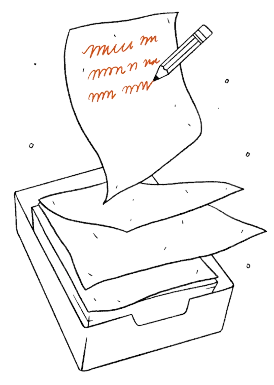The play’s the thing and Shakespeare’s the author, says new book - Today's news, tomorrow's lesson - April 23, 2013
All the world may be a stage, and all the men and women players, but there is only one playwright. To mark the 449th birthday of William Shakespeare, a new book, Shakespeare Beyond Doubt, aims to eliminate any questions surrounding the authorship of the Bard’s plays.











